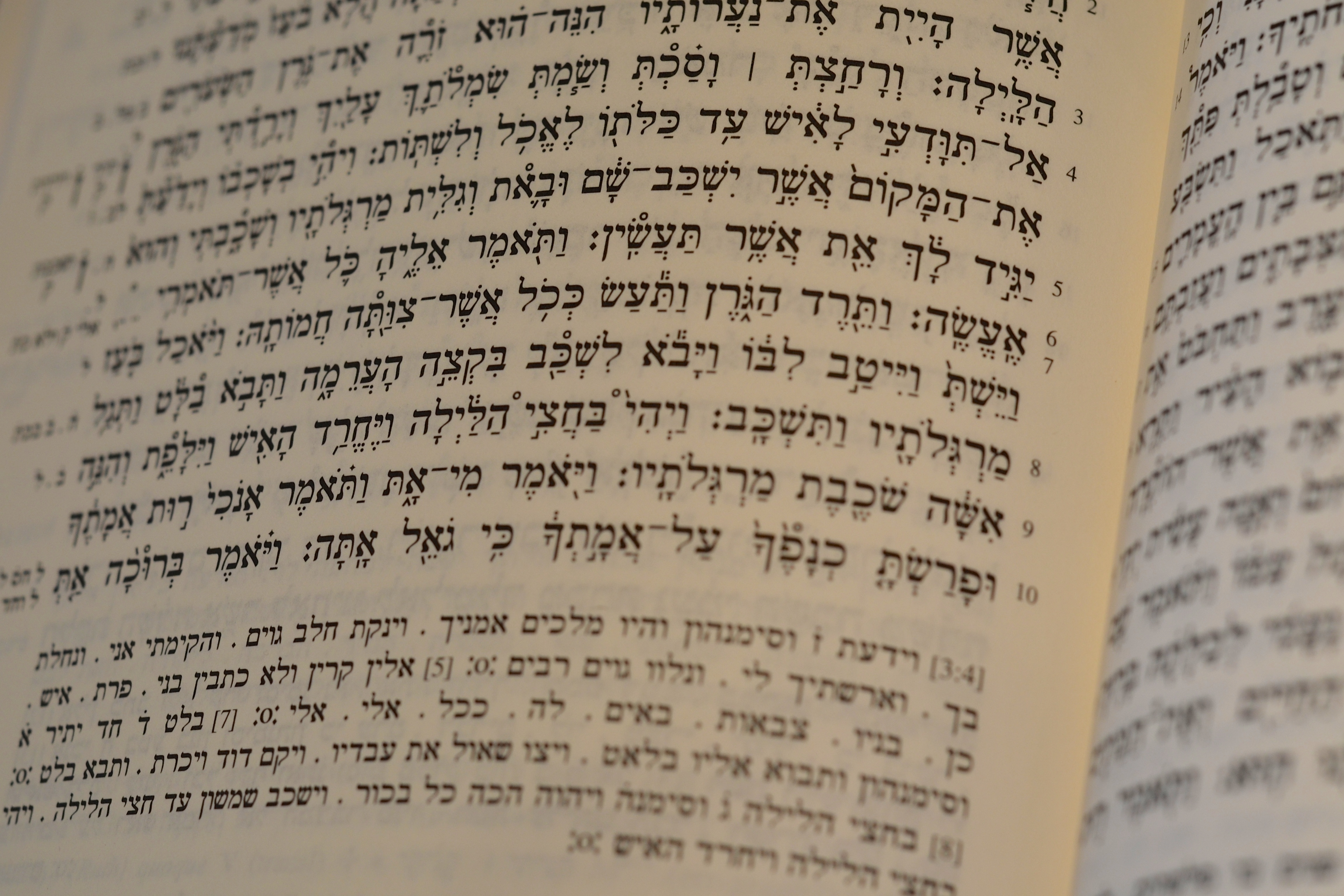I was sent an email with a series of questions for an interview for a local magazine. I thought some might be interested in how I responded to the questions.
1. Was it difficult to leave New Orleans given all that’s happened there?
It was. In fact, we evacuated to my brother’s home in OH. He is a PSU grad,
as is his wife, and he is now on the faculty in Harrisburg, but he was still
in the USAF last fall, stationed in Dayton, OH at the AF graduate school.
While evacuated there we read of the opening for the Dean of SHC. We
considered it at the time, but my wife Elizabeth and I felt strongly that we
needed to return and do what we could to rebuild New Orleans and Tulane. It
was with great surprise and pleasure that I heard of the search continuing
in late Spring. By that point we had done much of what we could, I had
recruited a new Honors class for Tulane and my wife’s work as the Director
of Communications for the Episcopal Diocese of LA was winding down as the
media showed less interest. So we were very happy at that point to consider
this move and thrilled when I was offered the position.
We are from the DC area and as I said, my brother is a PSU grad and now
faculty member, so it really is coming home for us. The area is simply
gorgeous (I cannot wait for the first snow! We already have our sleds for
the kids) and everyone is warm, welcoming, and a real pleasure to work with.
2. How’s your book – Election and Free Will in the Dead Sea Scrolls – coming? Can you tell us a little about it?
I am still in the research phase of this book. I recently gave a paper (last
week) on how we teach the Hebrew Bible in a secular school (you can hear and
read a version of it here).
I will be rewriting this for an article and I have also been encouraged to expand on
this theme for a book. We shall see… Another article that is in rewrite is
on the “Midrash of the Ten Songs.” There was a rabbinic tradition of listing
10 songs from the Bible that outline the history of Israel’s relationship
with God from creation to the new Zion. But back to the book…
Until the Dead Sea Scrolls were discovered (60 years ago next fall) the
concept of “Election,” that is, that God has chosen some to save for eternal
life, but not others, was equated with Christianity and specifically with
Protestants (most prominently Calvin) due to their reading of Paul (see
Romans 8-11). The Scrolls, however, revealed a Jewish sect that also spoke
vigorously about being God’s chosen and the “elect of Israel.” This fit in
with comments that Josephus made about the Essenes view of determinism and
is one reason (among many) that many scholars equate the Dead Sea Scroll
Community with the Essenes. It has since become commonplace to refer to the
DSS Community as believing in “predestination” or “election,” often in a way
that implies a type of Calvinism.
My project is examining all the sectarian documents, now that they are
available to us, to see if this is an accurate picture of the theology of
the Community. My hunch, but I will have to be confirmed through research or
rejected, that I why I began by saying that I am still in the research phase
;-), is that their view was not quite so simplistic. The Community Rule, for
example, has provision for removing someone from their community if they
have transgressed. This brings up the question, if they were “elected” then
how can they now be removed from the community. (The obvious answer would
be, they weren’t really the elect and their actions have now proved it,
thus we reject them.) But there is much work to be done.
3. You have your own blog. What’s it like to be a blogger?
It is a great way to think out loud and (hopefully) have someone respond. In
fact, do you mind if I post this on my Targuman blog? 😉 It is all about
audience, however. I began a blog for the Tulane Honors Program as a means
of communicating with my students and with prospective students. This
audience is very specific and such a blog is not really a place for my
general musings or opinions. (That blog, by the way, was extremely helpful
after Katrina because it was on a separate server and therefore unaffected
by the storm. I was able to stay in contact with our students and even
provide our seniors with the information they needed to be able to complete
their theses and graduate with honors on time.)
I also have a more personal blog, http://targuman.org/. This is where
I contemplate or comment on current events, issues in my field, or post
comics. Pictures of the family go up as well, most recently my grandmother’s
recipe for Date, Nut, Tapioca Pudding from Thanksgiving. 🙂 I have also
started posting podcasts there. (I have a whole series called the Schreyer
Stammtisch at our SHC blog http://engage.shc.psu.edu/.) The blog allows me
to stay in contact and conversation with colleagues even when they are far
afield. You might want to listen to a bit of the SBL bibliobloggers podcast.
4. This fall, the Schreyer Honors College received an enormous gift–$25
million–from benefactors Bill and Joan Schreyer. How will the gift change the
honors college?
There are the various news releases that outline this of course. Do you mind if I quote myself and save the typing? 😉
“Competition among the nation’s top universities is extremely keen,” he
noted. “We plan to direct part of the gift toward enhancing the
financial-aid package we offer to incoming students as part of the
recruitment process. We not only want to recruit the best students, we also
want to reduce the financial burden on them as much as possible. Many
Schreyer Scholars have substantial financial need.
“In addition, we will expand and strengthen that part of our program that
emphasizes ethics, integrity and civic engagement. This is the kind of
learning that goes beyond the subject areas of the academic disciplines and
helps to promote the leadership ideals that the Schreyers had in mind when
they endowed our college.
“We would also like to increase the resources available for study abroad.
Our college is already a national leader in this area, but living and
learning in other cultures is an increasingly valuable asset to a
well-rounded undergraduate education.”
That really does some it up.
5. What kind of goals do you have in leading the Honors College?
I have two primary goals, in this order:
1) To help our students become the very best people they can be. I want them
to have every opportunity to excel in their chosen field and develop into
people who are concerned about the world around them and helping to better
this world. We often talk about creating students “who make a difference in
the world.” The question is, what kind of difference? We want them to be a
positive, ethical influence on this world, but most of all I want them to be
they best *they* can be.
2) The growth and strength of the College will flow from that. My second
goal is to continue to strengthen and build what is already one of the best,
if not the best,* honors program in the nation so that it is recognized by
all as THE best in the nation. This means not only strengthening the program
we have, but also letting others know about what we are doing. Perhaps one
of the biggest challenges we face is simply that not enough people know
about the Schreyer Honors College. My goal is to make “Schreyer Scholar” a
household term for undergraduate excellence in the same way that “Rhodes
Scholar” is for postgraduate.
*I always add this caveat because we have no external means of ranking
honors programs/colleges.



